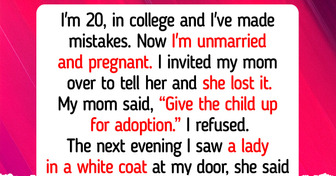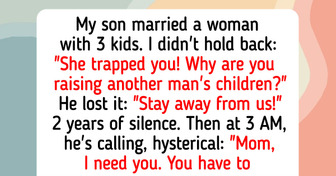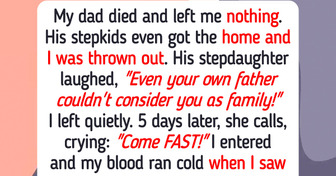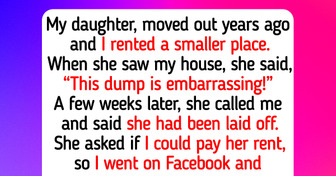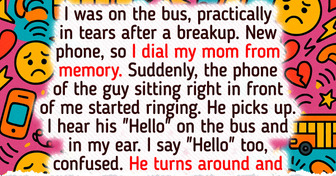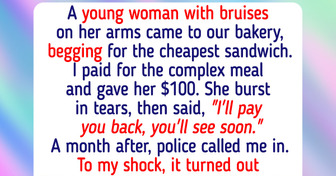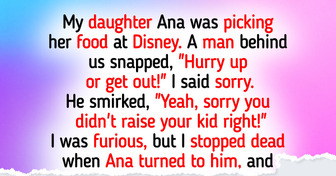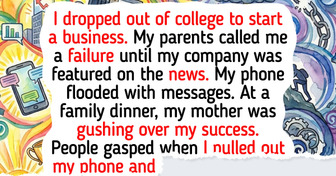18 Seniors Whose Sharp Wit Proves Humor Only Gets Better With Age

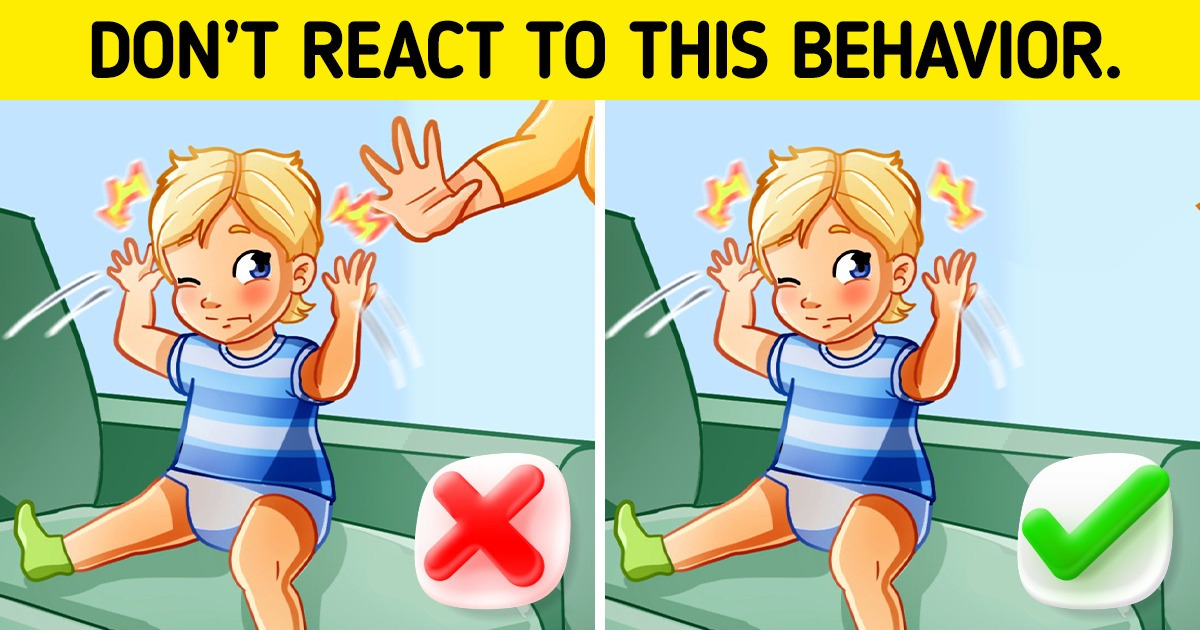
Parents have various concerns about the development of their children, one of the most common ones is their well-being. Watching them purposely banging their head and harming themselves certainly leave parents frustrated and extremely worried, not knowing what to do to help their toddlers. Luckily, in the majority of cases, it’s not a sign of a problem, it’s just a way they use to express themselves.
Bright Side has looked into this and collected different explanations for why toddlers seem to harm themselves. Here are the most common reasons behind that behavior, and how to deal with it as a parent.
Disclaimer: This article is for informational purposes only, seek the guidance of your doctor or other qualified health professional with any questions you may have regarding this matter.
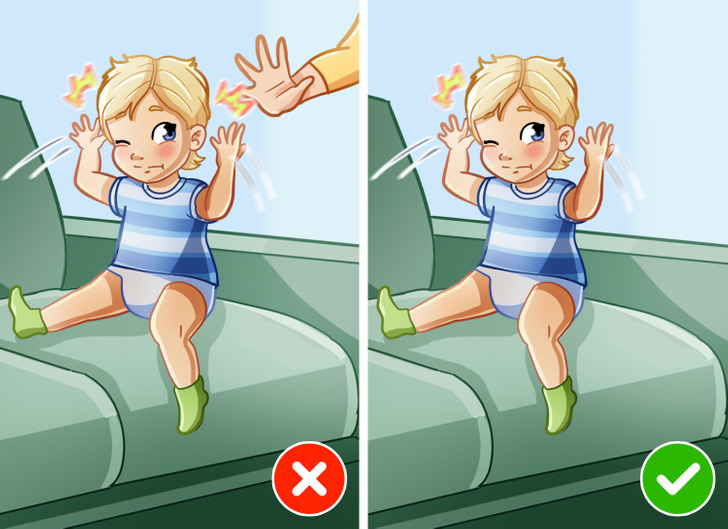
It has been confirmed that toddlers purposely hit their heads as an attention-seeking maneuver. As a result of the attention parents give when head banging happens, the behavior quickly becomes repetitive.
What to do: When a behavior like this occurs, parents immediately react in order to rescue their toddlers, however, it is best to not make a big deal out of it. Instead, create a safe environment to protect them from any injury, either by moving their bed away from the wall or by removing any object they might use against themselves.
In order to feel relaxed and serene, toddlers might start moving in a rhythmic motion. This happens mostly before bedtime, and according to some researchers, it’s a method of self-stimulation and self-comfort for toddlers.
What to do: The best solution to address this is to develop a self-soothing routine that will help them fall asleep, wake up at night, and get back to sleep without heading directly to the wall in front of them. This routine consists of various techniques to try every day at the same time, like putting the toddler to bed drowsy, but not asleep.
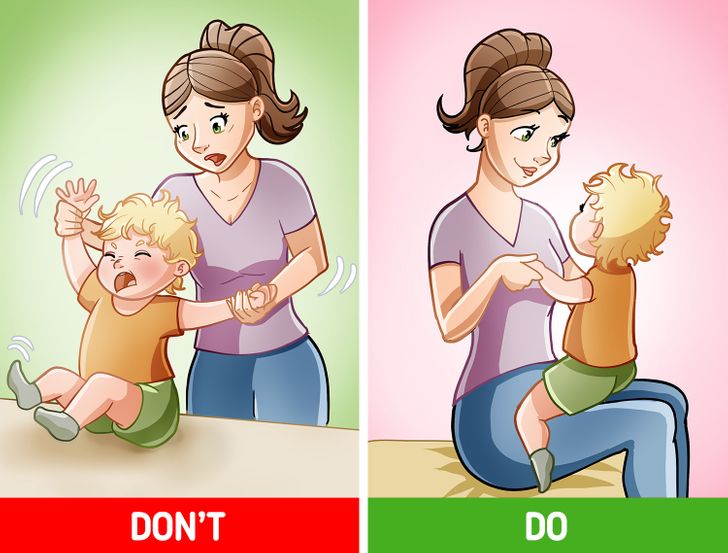
Thanks to some studies on infancy in the past few decades, we’ve started to get the idea that babies and toddlers are very emotional creatures, and since they haven’t mastered the art of expression using words yet, they let their feelings out using physical actions, even if they are harmful.
Basically, this might show that toddlers have many emotions they don’t know how to cope with.
What to do: If you want to encourage toddlers to express whatever they’re feeling, whether it’s happiness, sadness, excitement, or anger... consider incorporating play into their day, as it can be especially beneficial. It’s been shown to be the best way to teach them self-regulation.
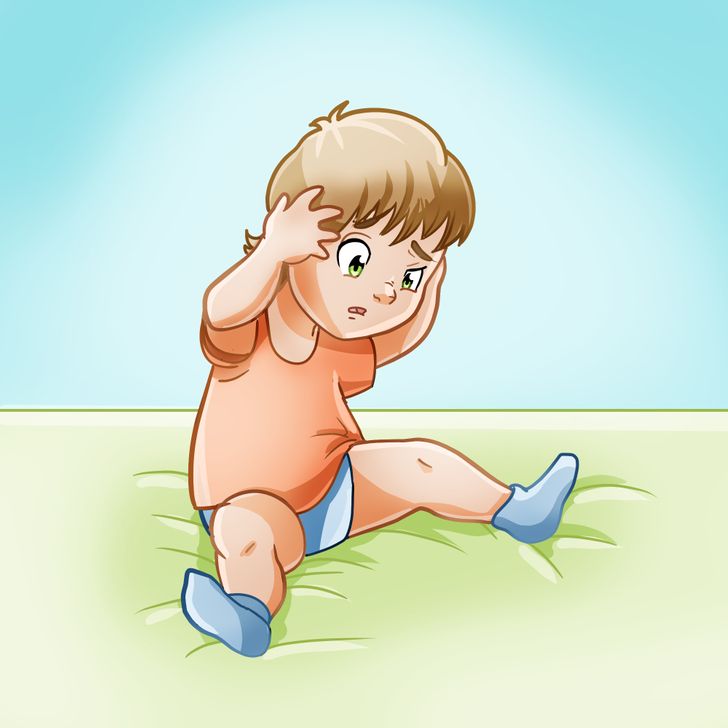
Generally, there’s nothing to worry about when you see your 1- to 3-year-old child hit themselves, but in some rare cases, constant headbanging might be related to a neurodevelopmental disorder like autism.
What to do: In order for you to distinguish this from other causes, observe the frequency and the time when they start hitting their head purposely. If you notice that the hitting happens before bedtime, it can be normal, however, if you notice other symptoms or the banging becomes uncontrollable, reach out to your pediatrician to get some answers about the situation.
Disclaimer: Only a doctor can give a diagnosis about autism or any other neurodevelopmental disorder, it’s best to seek advice from your doctor before making any assumptions!
Do you experience headbanging with your toddler? How do you address the situation?

